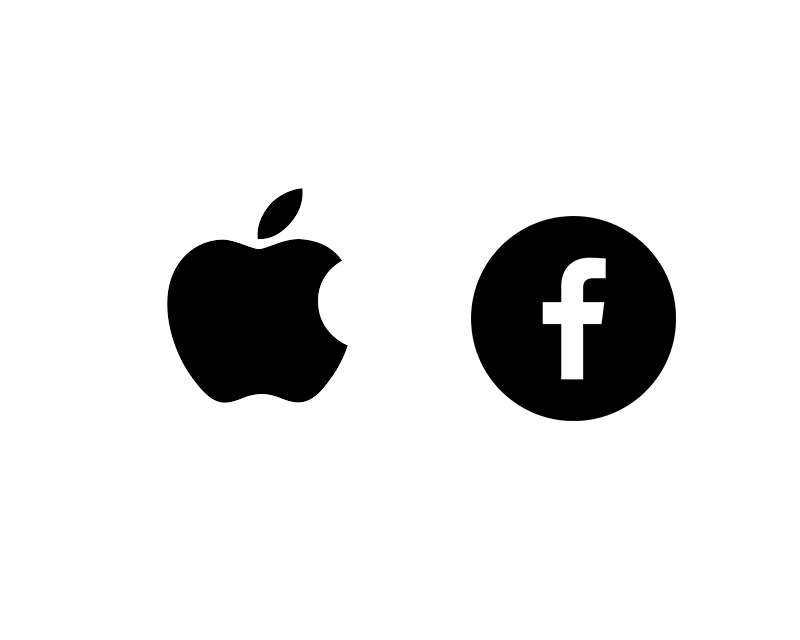On Jan. 30, Apple accused Facebook of violating Apple’s privacy policies by distributing a research app that paid 20 dollars to users for access to their web activity. In retaliation, Apple shut down Facebook’s internal custom-built apps that runs within the company. While Apple restored access on Jan. 31, the conflict between the two companies was a reflection of who held the power in regards to users’ privacy policy.
Although Apple’s block of access heated the tension recently, the dispute between the two firms began last year when Apple criticized Facebook of its privacy issues. In response, Facebook censured Apple’s high product prices. The dispute between the two firms in regards to privacy issue largely stems from the difference between philosophies of the CEOs of each respective company. In other words, while Apple’s Tim Cook believes that users’ privacy rights should be protected, Facebook’s Mark Zuckerberg believes that a certain amount of privacy has to be sacrificed for improved customized usage.
“In general, both Apple and Facebook have different ideas that each have their own merits,” said Unnseo Park (11), a Facebook user. “But in regards to ads, I think Facebook’s users want less ads in general, not just targeted ads. I think it can’t be ignored that targeted ads do attract the attention of users.”
According to USA Today, even if Facebook adheres to Apple’s strict privacy policies, Facebook would not be very different. A major difference would be that Facebook would have less targeted ads and more user choice on Facebook’s access. With decreased targeted ads, Facebook claims that it would reduce customer satisfaction as the absence of targeted ads would not mean a decrease of ads in general.
“In terms of policies, I think protecting one’s privacy should be a priority,” said Catherine Cho (12), active user of Facebook. “Facebook’s recent scandals was problematic and concerning as a user myself. I believe Apple’s retaliation, though negatively affecting the company, was a good method to enforce protection of users’ privacy.”
The conflict between the two companies showed Apple’s upper hand in the terms of regulating privacy policies. Apple penalized Facebook for violating its privacy policy by not only blocking its internal apps but also revoking its membership in Apple’s Enterprise Developer Program that allowed Facebook to create the said apps. The penalty also demonstrated Facebook’s vulnerability in terms of controlling users’ privacy.
“Any system that puts power in the user in terms of user rights and how they want their apps
to be used is good. So, if Apple’s forcing Facebook to get in line and refrain from using their quasi nefarious ways, I think it’s good,” said Marc Montague, AP Computer Science teacher. “But it’s also hypocritical in a way. Apple does the same thing in terms of data. Although they present themselves as protecting privacy, they still hold your data within a closed system without telling you what they do with your data. In all, there is no easy answer. The way I see it is that technology is still figuring itself out in terms of user privacy.”

